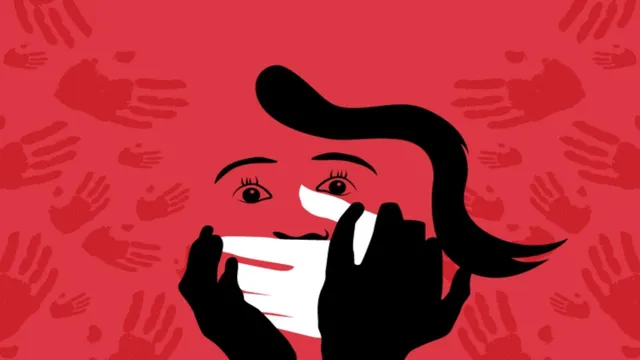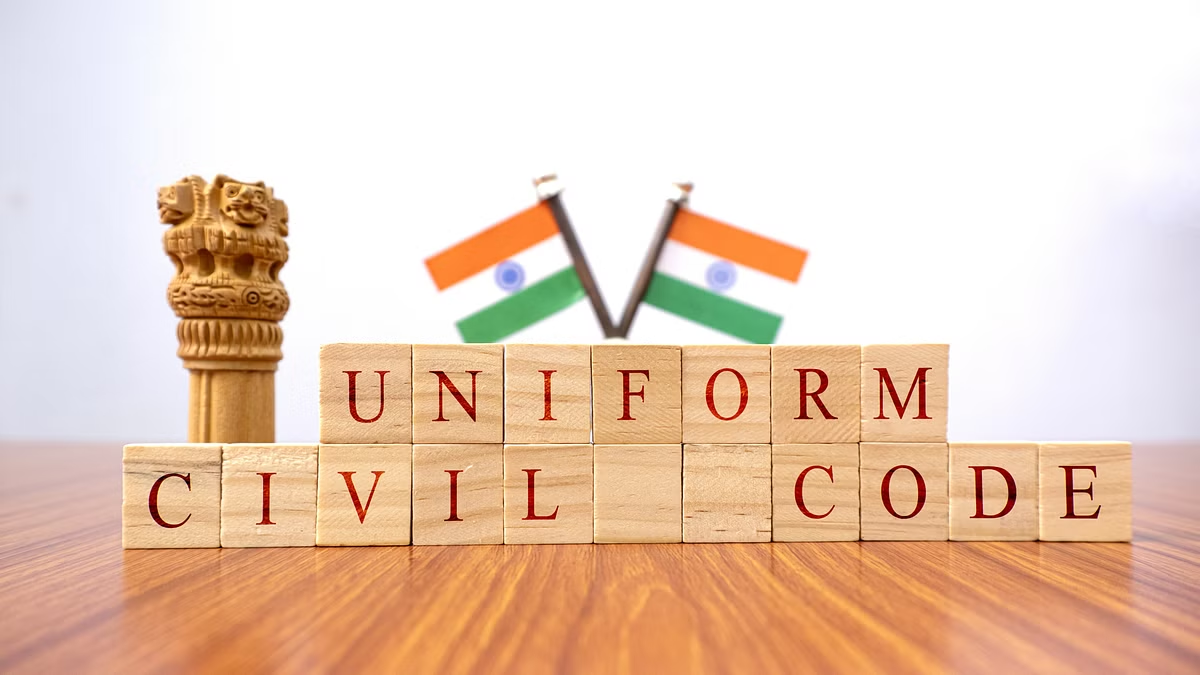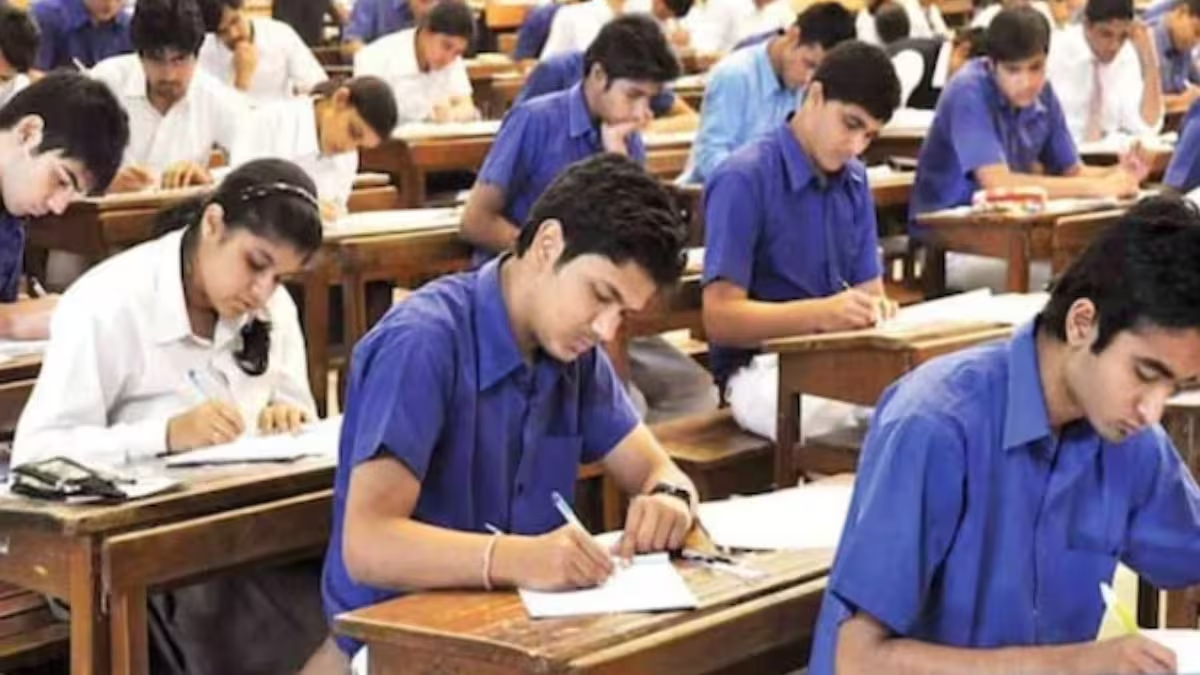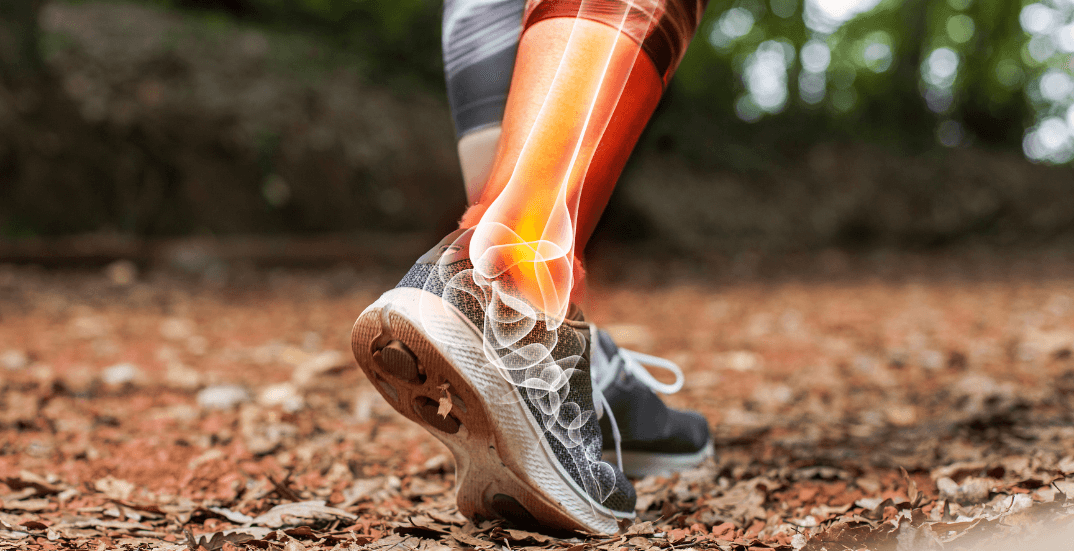Abstract
In this research paper an attempt has been made to unwrap the complex and extremely delicate issue of rape as well as different spheres through which it is dealt with in India, both from a legal social science, and psychological viewpoint. The incidence of rape is a serious offence with long term physical and emotional injury accompanied by deep stigma (social) attached to it, especially in India. The study aims to provide a better understanding of the issue through societal perspectives, experiences of rape survivors on societally provided resources and responses. It highlights the need for comprehensive legal, medical and societal interventions that offer relief to survivors in their unremitting misery while delivering them meaningful justice.
The paper starts by discussing law in India protecting rape survivors, such as healthcare availability and rights to free legal aid, fair trial without undue delays data security, accountability, stringent privacy and practice compliant processes familiar to the customers. Critically analyzing the legal system and addressing how survivors try to find their place within a justice-system that frequently fails to truly ensure dignity is protected for them.
An important line is drawn between relationships with consent and those that are misleading; particularly as regards marriage promises (title of the episode) – to the thorny warfare involving marriage rape. This paper presents the detailed judicial mechanism of this criminal act from all facets—how it occurred, together with its checkered history in legal lore and civil justice for victims.
Large section of the paper is discussing support and compensation mechanisms for survivors, focus on Nirbhaya Fund (financial assistance), The contentious two-finger test is examined and resoundingly disavowed, reiterating the necessity of swift investigation and trials that respect survivors. The paper also provides an in-depth discussion on the Legal Services Authorities Act and how it has been observed that survivors are offered legal aid to support their fight for justice.
Introduction
The issue of rape is a deeply sensitive and pressing concern that transcends national, cultural, and professional boundaries. While it is a global issue, it is crucial to approach it thoughtfully and professionally to raise awareness, cultivate empathy, and ultimately contribute to prevention, justice, and support for survivors. As a violent violation of both physical and psychological well-being, rape necessitates not only strong legal protections but also comprehensive support systems that prioritize the recovery and dignity of those affected.
In India, various legal frameworks and support mechanisms have been established to safeguard the rights of rape victims and provide them with the necessary care to heal from such traumatic experiences. However, challenges remain in ensuring that these measures are effectively implemented and accessible to all survivors, particularly in a social context where stigma and victim-blaming are prevalent.
This paper aims to deliver a thorough and professional analysis of the legal protections and support programs available to rape survivors in India. By critically examining existing laws, judicial processes, and support initiatives, it seeks to provide a clearer understanding of the resources available to assist survivors and identify areas where reforms and improvements are needed. This research also underscores the vital role of societal change in ensuring that survivors receive the justice, care, and support they deserve, highlighting the necessity for a multi-faceted approach that addresses not only legal rights but also the psychological, social, and economic needs of victims.
Literature Review
Rape is a widespread issue that causes significant physical and psychological harm to victims, while also subjecting them to lasting societal stigmas. In India, the challenge of addressing rape is intensified by the interplay of cultural traditions and the legal system. This literature review explores the resources available to rape victims in India, as well as the existing knowledge regarding rape as a societal stigma.
- India’s Rape Problem:
- High Incidence Rates: India has been facing the challenge of sexual violence for many years. Numerous studies have reported alarmingly high rates of rape cases, highlighting the urgent need for effective legal and social solutions (Khan, 2018; NCRB, 2019). Despite these high figures, underreporting remains a major issue due to fears of retaliation, societal stigma, and a lack of trust in the criminal justice system (Bhattacharya et al., 2017; Kumari et al., 2019). This underreporting reflects the broader cultural taboo surrounding discussions of rape, making it a crucial area for research and reform.
- The Societal Stigma of Rape:
- Victim-Blaming and Social Exclusion: In India’s patriarchal society, victim-blaming is widespread, and survivors of rape often experience social exclusion. Cultural norms related to modesty and honor further intensify this stigma, as survivors are frequently blamed for the crime committed against them (Bumiller, 2008; Madan et al., 2016). Research by Kabeer (2014) suggests that these societal expectations reinforce the notion that a woman’s value is linked to her sexual purity, thereby deepening the stigma.
- Media Influence: The impact of media on public perceptions of rape is significant. Studies indicate that media coverage can either reinforce harmful stereotypes or challenge societal stigmas surrounding rape (Maitra et al., 2020). This underscores the importance of responsible, fact-based reporting in changing public narratives and fostering a more compassionate understanding of rape survivors.
- Legal Aid and Support for Rape Victims:
- Law Reforms: The 2012 Nirbhaya case marked a significant shift in India’s legal framework regarding sexual violence. Following this incident, important changes were made to the Indian Penal Code (IPC) and the Criminal Procedure Code (CrPC) to enhance protections for rape victims (Dhawan, 2015). These changes introduced harsher penalties for offenders and broadened the definitions of sexual assault, although challenges persist in ensuring these laws are applied consistently.
- Support Networks: One Stop Crisis Centers (OSCCs) have been set up to offer comprehensive support to rape survivors, including medical care, legal assistance, and psychological counseling (Sarkar et al., 2019). Nevertheless, the effectiveness and reach of these services are often hampered by logistical issues and inconsistent availability, especially in rural regions (Sinha et al., 2021).
- Compensation Plans: The Nirbhaya Fund was created to provide financial support to rape survivors, but studies show that there are significant inefficiencies in how these funds are distributed. Delays and bureaucratic obstacles frequently hinder timely access to assistance, underscoring the need for more efficient processes (Bhardwaj, 2019).
- Problems with the Legal System:
- Justice Delayed: A major challenge in India’s approach to rape cases is the slow pace of justice. Overloaded courts protracted legal processes, and a large backlog of cases result in a situation where justice is often postponed, further exacerbating the trauma faced by survivors (Sarkar et al., 2017).
- Acquittals and Investigation Issues: The high rates of acquittals in rape cases raise significant concerns. Researchers have highlighted problems such as poor evidence collection, unreliable witness accounts, and inadequate investigative methods as critical factors that contribute to low conviction rates (Chhikara et al., 2020). These systemic flaws not only obstruct the quest for justice but also perpetuate the cycle of impunity.
OBJECTIVES
- To tell about the rights of the rape victims.
- To find out the challenges faced by the rape victims.
- To find out the support provided by government to the rape victims.
Legal Rights of Rape Victims
- Right to Medical Care:
- Under Indian law, rape victims have the right to receive medical care without any financial burden. Section 357C of the Criminal Procedure Code (CrPC) mandates that the state government should bear the expenses for the necessary medical treatment of the victim.
- Right to Legal Assistance:
- The Legal Services Authorities Act, 1987, ensures that rape victims have access to free legal aid and representation. This crucial right allows survivors to navigate the complex legal process.
- Right to a Fair Trial:
- Rape victims are entitled to a fair trial for the accused. The legal system must ensure that the survivor’s rights are upheld while adhering to the principles of justice.
- Right to Speedy Trial:
- Swift justice is essential for rape survivors to minimize the trauma and uncertainty. Courts should prioritize rape cases to expedite proceedings and deliver justice promptly.
- Right to Confidentiality:
- Maintaining the confidentiality of a survivor’s identity is of paramount importance. Legal authorities must protect the privacy of victims throughout the legal process.
- Right to Report:
- Survivors have the right to report the crime to law enforcement authorities. Encouraging reporting is essential for both justice and data collection to address the issue effectively.
- Right to Support:
- Rape victims have the right to emotional, psychological, and legal support. Support systems, including counseling and victim support services, should be readily available.
- Right to Zero FIR:
- In the case of Lalita Kumari vs. Govt of UP, the Supreme Court mandated the registration of a First Information Report (FIR) by police officers under Section 154 of the CrPC. Failure to do so can lead to punishment under Section 166A of the IPC, holding officers accountable for negligence.
Challenges in Cases Involving Promises to Marry
- Distinguishing Between Consent and False Promise:
- Legal judgments, like Sonny vs Chhattisgarh, highlight the need to differentiate between consensual relationships and those involving false promises of marriage. The presence of bad faith and a direct nexus to sexual relations are crucial factors.
- Consideration of Circumstances:
- In cases like Uday vs State of Karnataka, the court considered the victim’s awareness of caste differences when assessing the validity of a rape complaint based on a false promise to marry.
- Civil Remedies:
- Rape victims can pursue civil lawsuits to claim compensation from the accused, even if the criminal case does not result in a conviction.
Support and Compensation for Rape Victims
- Compensation Scheme:
- The Nirbhaya Fund established by the Indian government provides financial assistance to victims of sexual assault. Compensation is determined based on the severity of the crime and the victim’s circumstances.
- Abolition of Two-Finger Test:
- The controversial two-finger test, which assessed a woman’s virginity, has been abolished. It was widely criticized as a violation of human rights. Guidelines have emphasized its prohibition.
- Time-Bound Investigation and Trial:
- Rape victims have the right to a time-bound investigation and trial with dignity, speed, and protection. Delays in proceedings can cause further trauma, and the legal system must prioritize these cases.
- Legal Aid and Support:
- The Legal Services Authorities Act ensures that survivors can access free legal aid and representation. Local legal aid clinics and authorities can provide essential guidance.
Conclusion
Rape is a serious social issue in India, made worse by the stigma that victims face. Even with legal reforms and support networks in place, challenges like victim-blaming, underreporting, and delayed justice still obstruct progress. Tackling these problems requires a comprehensive approach that not only enhances the legal framework but also aims to eliminate societal stigmas and ensure that support services are effective.
Future research should focus on assessing how well survivor support systems work, finding ways to reduce stigma, and looking into how the court system can be more responsive and efficient in dealing with rape cases. There is also a pressing need for community-based programs and educational campaigns that challenge deeply rooted cultural beliefs and create a more compassionate and supportive environment for survivors.
Rape is a terrible crime that calls for strong legal protections as well as a thorough support system to protect the rights and well-being of survivors. In India, there are various laws and mechanisms designed to ensure that victims receive medical care, legal assistance, and psychosocial support throughout the legal process. However, these rights need to be consistently upheld, and the legal system must be proactive in addressing this urgent issue.
Delivering justice, protection, and support to rape survivors is not just a legal duty but also a moral responsibility for building a fair and compassionate society. Approaching the topic of rape requires a thoughtful and empathetic perspective that recognizes its widespread effects and the deep trauma it causes victims. By understanding the complex nature of sexual violence, raising awareness, and taking proactive steps, institutions and organizations can help create a safer and more inclusive society. Ultimately, fostering empathy is essential.
BIBLIOGRAPHY
- https://www.researchgate.net/publication/261637776_The_Problem_of_Rape_in_India_A_Multi-dimensional_Analysis
- https://www.legalserviceindia.com/legal/article-10195-rape-culture-in-india.html
- https://www.legalserviceindia.com/legal/article-1788-nirbhaya-case-history-and-present.html
- https://www.mylawman.co.in/2022/06/know-your-rights-rights-of-rape-victim.html
- https://www.delhilawacademy.com/uday-v-state-of-karnataka-2003-sc/
- https://www.legalserviceindia.com/legal/article-7710-rights-of-rape-victims-in-india.html:~:text=According%20to%20this%20scheme%2C%20a,amount%20according%20to%20the%20situation





